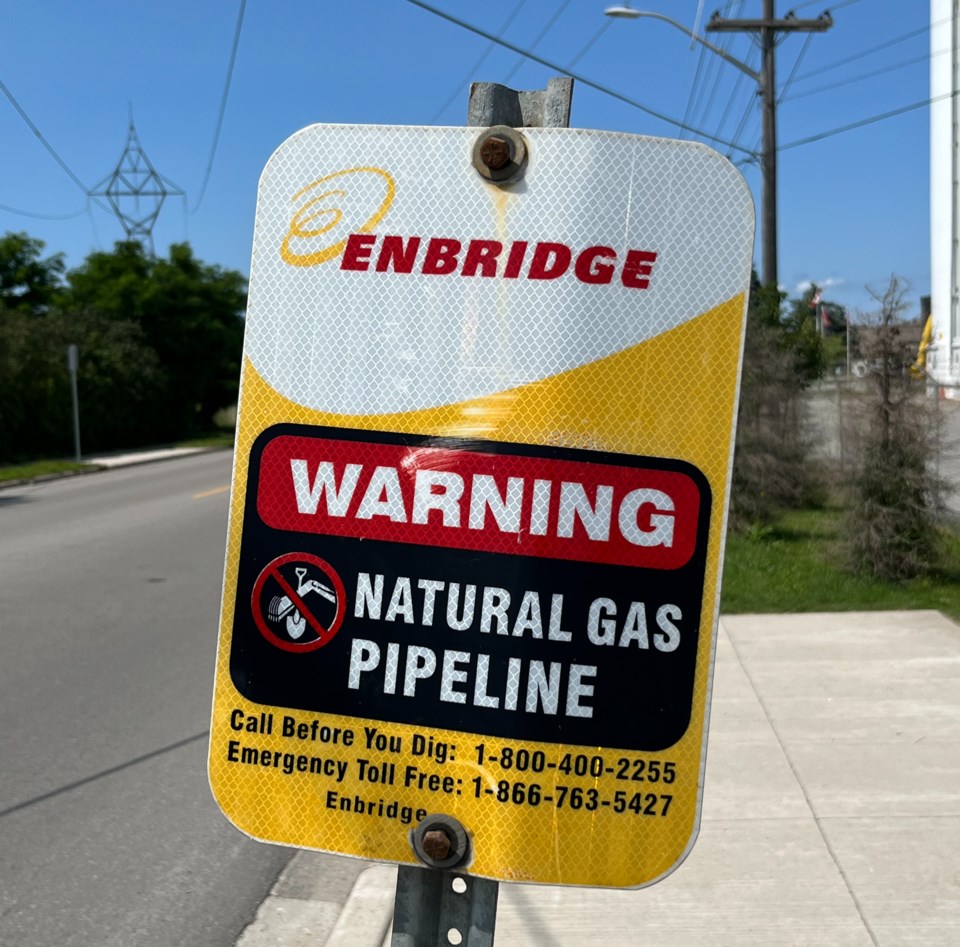GuelphToday received the following Letter to the Editor from Evan Ferrari, executive director of eMERGE Guelph.
Guelph must stop allowing Enbridge Gas to exploit Guelph taxpayers by subsidizing their multibillion-dollar company. They pay little to use our city's land for their profit.
Fossil fuel companies across Canada receive subsidies in various forms whether it’s for extracting oil, shipping gas through a pipeline, or burning fossil fuels for energy. Sometimes, this occurs when they pay a minimal amount to access municipal land.
It seems that Enbridge Gas may be doing just that, right here in Guelph.
Enbridge pays a small sum to use city-owned public property (under our roads and other lands) to run their pipelines. In contrast, all other utilities using city land, such as cable, phone, fibreoptic, water, sewage, and Alectra/Guelph Hydro, provide more compensation for the use of city land.
We the taxpayers are subsidizing Enbridge.
This is not the case in Alberta, Saskatchewan, British Columbia, Manitoba, or Nova Scotia. However this situation is prevalent throughout Ontario. If we charged Enbridge fees similar to those in other municipalities, we could potentially generate annual revenue between $4 million and $9 million.
And when we are successful, these fees are not to be passed on to Guelph gas customers.
Guelph has an opportunity to change this, especially in the face of the budget cuts of approximately $15 million being considered for many environmental programs.
The Franchise Agreement (as it is known) between the city and Enbridge was last signed in 2005 and is up for renewal this May.
Our policy concerns include the financial interests of municipal electors, improved health outcomes for local residents, and environmental protection.
A key concern in terms of public interest is whether the financial terms of the franchise agreement are unfairly skewed in favour of the gas distribution company at the expense of municipal taxpayers and represent a fossil fuel subsidy.
This is the perfect opportunity for the city to develop a motion that sets out the strategy and negotiating parameters for staff.
Working with our legal council that has significant expertise in franchise agreements, energy law and the Ontario Energy Board, we have prepared a draft motion for city council.
We have been subsidizing them long enough.
Evan Ferrari, executive director, eMERGE Guelph


